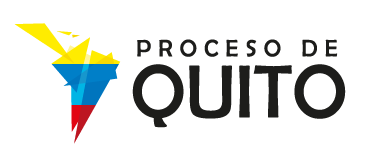HIV AIDS
HIV-AIDS
With the support of:
The vast mobilization of citizens from Venezuela has had consequences on social protection within Latin American countries and in host communities, given that gaps in health care and coverage already existed in the region. However, timely and determined actions can help strengthen health systems and increase their effectiveness, thereby benefiting host communities and refugees and migrants themselves.
One of the aspects that can be addressed quickly and with manageable budgets for the States is precisely access to prevention, treatment, care and support related to HIV, thus avoiding higher costs in the long term and reducing the misconception that refugees and migrants generate or increase the prevalence of diseases.
Offering timely care to refugees and migrants living with HIV has an impact in controlling the epidemic at the regional level, while it also favors social and cultural integration, as well as strengthening institutional capacities in host countries.
UNAIDS and PAHO consider it appropriate to return to the different guidelines that have been issued in humanitarian or displacement contexts, and that are especially focused on groups of people living with HIV or on those groups that are more vulnerable to the epidemic, such as the LGBTI community, sex workers, women, adolescents and youth.
In the case of refugees and migrants from Venezuela, we have a particularly complex situation because humanitarian situations converge, generated by the socioeconomic, health and human rights circumstances that mobilize these people outside of Venezuela, as well as the complexities specific to the migration process that, due to its dimensions, is affecting the possibilities of creating timely responses from state institutions, NGOs and international cooperation.
UNAIDS and PAHO have proposed to work jointly with governments to generate an effective response to HIV, which should be reviewed in light of the challenges of the current context, and which would contribute to solving one of the many health problems that entities must address in host countries. All this to prevent refugees and migrants living with HIV from encountering physical, cultural and social limitations that prevent them from accessing the health services or support to which they are entitled, including care for COVID-19.
In Chapter VI of Santiago, a human rights perspective was determined as a line of action, with the intention of observing regional realities and contemplating the cross-border sphere as a scenario of work and care. Based on the Joint Declaration, UNAIDS will collaborate with a simple matrix based on issues that were established as necessary since Round V of Bogotá, supported by the role of civil society in tasks that benefit refugees and migrants.
AREAS OF WORK





